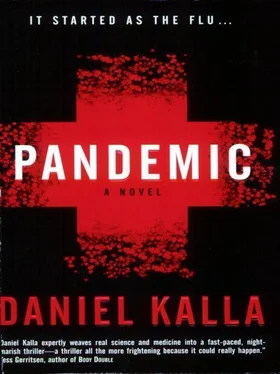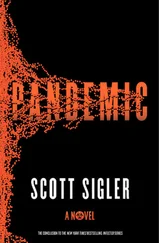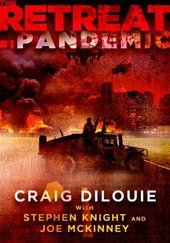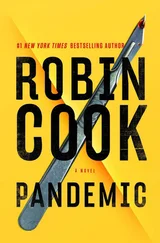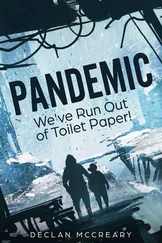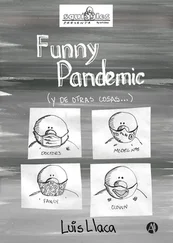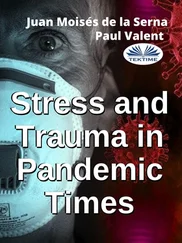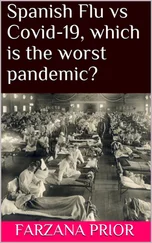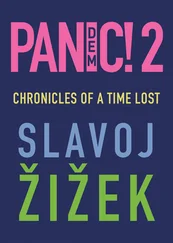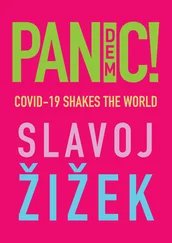Still, Kabaal had been slow to reach for the sword. When the twin towers fell in New York he even allowed a few of his papers to criticize the action. But then Kabaal watched with a sense of bitter betrayal as the West mounted a savage retaliation—Afghanistan, Palestine, and finally Iraq. The last aggression galled him the most. When the supposed weapons of mass destruction never materialized, “democratization” became the catchphrase. What hypocrisy! Kabaal knew it was always about the oil. And now the U.S. was already eyeing Syria and Iran with her gluttonous insatiable appetite for oil and power.
Sheikh Hassan had predicted it all. In a voice that trembled with passion when the cleric spoke of the degenerate West, the Sheikh argued that the Crusades had never ended. In every country where Islam met Judeo-Christianity, war was ongoing. A war in which Islam was the victim. And as the Sheikh pointed out, when facing the bombs and airplanes of the infidels, what choice did the outmatched righteous have? Guerilla warfare was the only option. When Islam was under threat, no weapon—regardless of its unorthodoxy or lethality—was beyond consideration.
While the Sheikh’s arguments moved Kabaal, until recently his involvement in the cause had been limited to financial support. And he supported it generously. Through murky, circuitous trails, his funds found their way to coffers across the globe. From the Hezbollah in Lebanon to the Abu Sayyef in the Philippines, Kabaal’s “ endowments” allowed The Brotherhood to pursue the cause.
The time had come for Kabaal to jump into the operational field. He intended to do so with an eruption that would reverberate around the globe.
If only he heard back from the Malays.
He clicked the “send/receive” button again. This time, a bar popped up as the antivirus software scanned the message. A moment later the message opened on his screen.
Shipping update. Items: Religious Texts.
Unavoidable delay with Chinese customs. One container damaged beyond repair.
Discarded prior to shipment. Other container arrived with all the books intact.
Awaiting further distribution instructions.
Yours, LS.
Kabaal smiled. The Malays had done well. Very well.
He deleted the message and turned off his computer. “And so it begins,” he said to no one.
UNITED AIRLINES FLIGHT 640, EASTERN ATLANTIC
Had Noah Haldane waited another millisecond before yanking his leg out of the aisle, the drinks cart would have steamrolled over his foot.
“Sorry, sweetie,” the chunky middle-aged flight attendant chirped in a southern drawl. “Almost crushed your little piggies, there.”
“No. My fault,” Haldane said as he shifted in the seat and repositioned his pillow to no avail. In spite of his fatigue and the relative comfort of the first-class surrounds, he wasn’t any closer to sleep.
“You look so uncomfy, hon,” the woman said, flashing her teeth and gums in another huge smile. “Anything I can do to help?”
“Can you make the last twenty-four hours of my life disappear?”
The flight attendant laughed so vigorously that her voluminous, dyed blond hair shook. “Honey, I absolutely can.” She leaned forward and rummaged through the cart before emerging with three minibottles, each one squeezed between neighboring fingers of her right hand. “Vodka? Gin? Or is this a job only Johnny can handle?” She shook the miniature Johnny Walker whiskey bottle between her thumb and forefinger as if it were a small bell.
“I’ll start with vodka.”
Haldane nodded his thanks as he sat up in his seat and accepted the glass of vodka on the rocks. Conceding that sleep wasn’t an option, he reached for the stack of printouts that the WHO had e-mailed him.
He forced himself to focus on the different pages. Lab reports, medical consults, and bureaucratic memos were mixed willy-nilly in the pile. Deja vu overwhelmed the emerging pathogens expert. The rural Chinese origins, the pattern of dissemination, the inconsistent care—he had seen it all before with SARS. But sifting through the patient records, Haldane reached the same conclusion the local authorities had. This was not the rebirth of SARS. This had the potential to be far worse.
Haldane understood that time was no longer a luxury for the WHO or him. He had so much to do in the upcoming days and hours, but his mind kept drifting back to the scene shortly before his departure at his Washington suburb home in Glen Echo Heights, Maryland.
Chloe Haldane had yet another ear infection. A month shy of her fourth birthday, she had already suffered through a lifetime’s worth of ear infections. With an insider’s knowledge of side effects and complications, Noah Haldane viewed his daughter’s antibiotic dependency dimly. He wasn’t much more excited about the prospect of the myringotomy, or drainage tubes, that loomed in Chloe’s near future.
Like many men, Haldane had entered fatherhood without much in the way of expectations, aside from the presumption of sleepless nights. But he took to the role with a passion he never imagined possible. From the moment he had first held her, Chloe became the focal point of his life. When not working or traveling, he happily dedicated the rest of his time to his daughter. In spite of his hectic schedule and the forced time apart, he still changed more diapers and attended more Baby Dance and Gymboree classes than most of his male counterparts. Chloe made it easy for her dad. His bias aside, she had a joyful temperament. So much so that when she was eight months old her parents took her to a pediatrician, concerned that she never cried. With a laugh, their doctor reassured them that time would soon rectify the deficiency; and with the onset of her ear infections, the tears did come. Even then, it only put a temporary dent in her otherwise sunny disposition.
Haldane lay beside Chloe in her bed. Cramped as he was, almost hanging off the side of the single bed, he loved the chance to snuggle in tight while reading her favorite stories. With their heads touching, he could feel the warmth from her brow. Her fever had yet to break. But after the fifth story, her disproportionately loud snore assured Haldane she had nodded off. Realizing that this would be his last chance for weeks, maybe months, he lay beside Chloe for half an hour longer before rising, kissing her on the forehead, and heading downstairs.
When he walked into the living room, he found his wife sitting sideways on the couch with knees bent and bare feet drawn up on the gray fabric. She nursed a mug of tea in her hand. With her other hand she brushed away a few strands of the long dark hair that drifted over her eyes. “How’s she doing?” Anna asked.
“Still feels warm.” Haldane said as he joined her on the couch. “But she’s asleep.”
Anna nodded, but her eyes focused on the coffee table beside him. “Will you be back in time for her birthday?”
Haldane shrugged. “I don’t know.”
Anna didn’t respond.
“It’s not like I’m heading off on a golf trip, Anna.”
“No, you’re off to save the world,” she said with a trace of bitterness.
“You can drop the melodrama,” Haldane said. “I didn’t ask to go.”
She looked up at him, her face softening. “I know, Noah. You never do.”
He reached over and laid a hand on her knee. She didn’t respond to the gesture, but neither did she withdraw from it as he had half expected she would.
They sat for several silent moments on the couch. Recognizing how much intimacy had been lost between them, Haldane felt a pang of remorse.
Free of makeup and wearing a loose hooded sweater, Anna struck him as painfully beautiful. Barely five feet, she had a slight figure, a ballerina’s form. Her large brown eyes, high cheekbones, and slightly crooked smile aside, Anna possessed a fragile porcelain-doll quality that only enhanced her attractiveness.
Читать дальше
